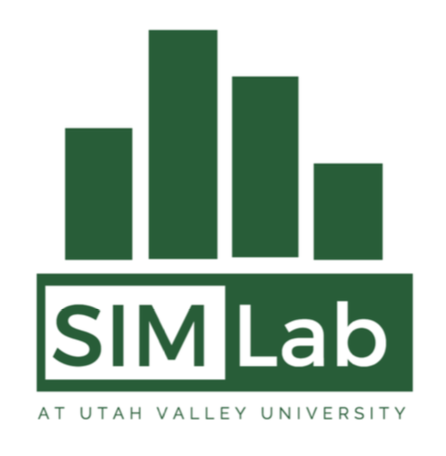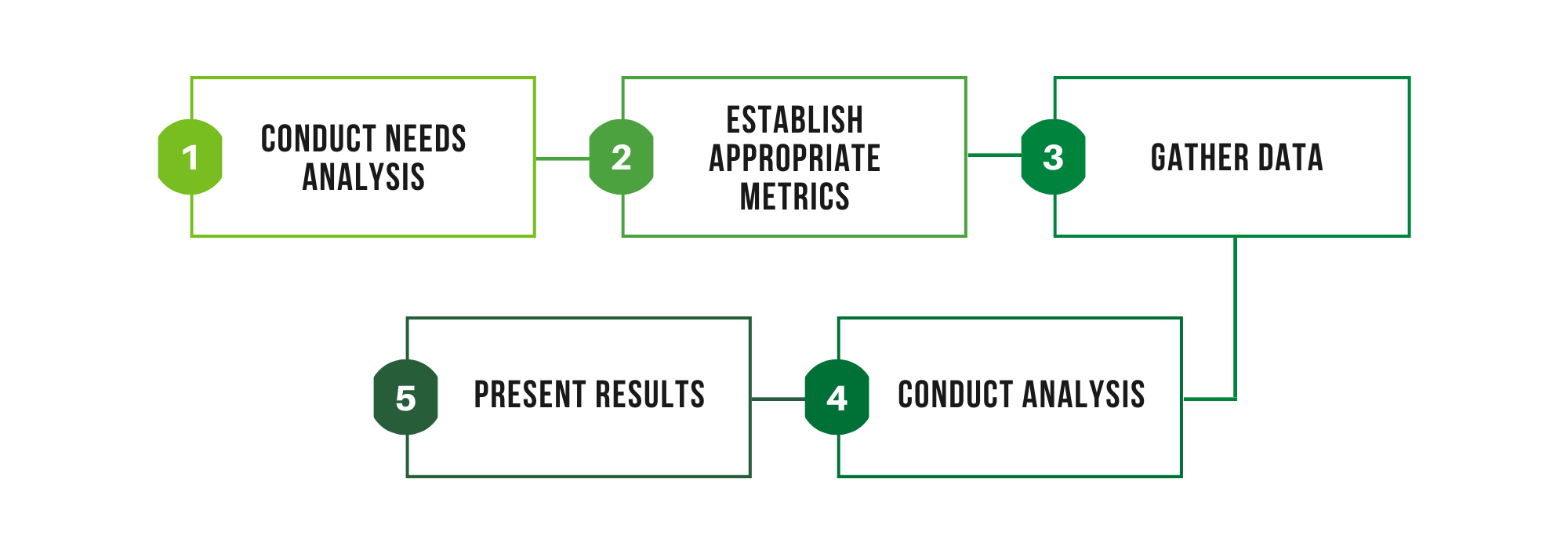
The Social Impact Metrics Lab (SIMLab) at Utah Valley University hires student research assistants to carry out faculty-mentored evaluations of the social impact of programs conducted by local, domestic and international community organizations, with first preference given to non-profits.
Together with our partners, we implement effective project monitoring and data collection arrangements, and tailor our practice to their needs. As a result, we help our partners gather the evidence they need to improve and expand their activities.
We train our students on state-of-the-art qualitative, quantitative and “mixed methods” methodologies that are either best practice or have been developed in-house.
Qualitative

Qualitative methods include various forms of interviews (individual interviews, focus groups, case studies, etc.), observations and document analyses.
Quantitative

Quantitative methods include measurements, counting, analysis of quantitative secondary data (for example, from statistical reports), surveys, tests, and structured observations. Quantitative analysis estimates the magnitude and the distribution of the impacts of an intervention, as well as its costs and benefits.
Mixed Methods

The more angles from which you evaluate your program, the more significant your understanding will be. For this reason, it makes sense to combine various data sources and data-collection methods - quantitative and qualitative alike.
Student researchers go through the following process to access program impact. Partners are responsible for implementing SIMLab findings and continuing to assess and adjust their programming to improve impact.

HEAL Utah: Initial Impact Assessment
Project Lead: Kate Hickman
The SIMLab started its partnership with HEAL Utah in October 2022 with the objective of conducting a high level impact assessment via partnership intake and the completion of a comprehensive information request spreadsheet.
HEAL Utah
Project Leads: Alejandro Burgos and Trevor Dean
Working with the nonprofit Healthy Environment Alliance of Utah (HEAL Utah), in addition to Dr. Ashley Egan and her Biology course, a series of surveys was designed to help assess the information of the respondents, the impact of lobbying, as well as the subsequent trainingsprovidedbytheorganization.
Centro Hispano - Low-Income Taxpayer Clinic (LITC): Initial Impact Assessment
Project Lead: Cassie Bingham
The SIMLab started its partnership with the Low Income Tax Payer Clinic (LITC) hosted by Centro Hispano in October 2022 with the objective of conducting a high level impact assessment via partnership intake and the completion of a comprehensive information request spreadsheet.
Centro Hispano - Low-Income Taxpayer Clinic (LITC): Initial Impact Assessment
Centro Hispano - Low-Income Taxpayer Clinic (LITC)
Project Leads: Karla Hernandez and Genesis Garcia
BikeWalk Provo: Initial Impact Assessment
Project Lead: Brodie Mitchell
The SIMLab started its partnership with BikeWalk Provo in October 2022 with the objective of conducting a high level impact assessment via partnership intake and the completion of a comprehensive information request spreadsheet resulting in the following impact assessment report.
Understanding UVU Students’ Experiences
Project Leads: Jackson Phippen and Dr. Stevie Munz
In 2019, researchers at Utah Valley University (UVU) interviewed 300 female students to discover their individual educational experiences and identities. Unlike universities across the nation, women have not always graduated at the same rates as males at UVU. The initial research was “to study female students’ premature exit from Utah Valley University by examining UVU female students’ intersections of identity, specifically how the lived realities of this population influence feelings and experiences of inclusion, success, motivation, and support within the broader context of UVU.”
Statistical Ethics for Data Science
Misrepresenting information and understanding is a common issue with statistics. However, with the rapid advancement of AI, concerns surrounding deepfakes, fake news, and the misuse of statistics are more widespread than ever. Increasing statistical literacy and promoting public awareness is essential in combating these problems.
Machine Learning & Social Impact Workshop
Project Lead: Dr. Andre Oliveira
This workshop introduces students to the fields of Machine Learning and Social Impact Measurement. The goal is to equip them with a working knowledge of concepts and tools that can be used to assess the social effects of programs carried out by governments, businesses, NGOs and other institutions.
Machine Learning and Social Impact Workshop.pdf
Eleven students completed the first workshop. Materials used can be found below.
ScenicView Academy
Project Lead: Dr. Andre Oliveira
Evaluation of the effects of neurofeedback therapy on the academic performance of young adults with autism and learning disabilities.
UVU Advising
Project Lead: Dr. Andre Oliveira
Investigation of the impact of academic advising on grades, retention and graduation indicators of UVU students using data provided by UVU's Institutional Research and University Advising.
Business Social Impact
Project Lead: Dr. Andre Oliveira
Review of the main frameworks and best practices associated with corporate social responsibility, discussion of methodological issues, and identification of potential projects with local businesses.
Social Impact Analysis Primer
Project Lead: Dr. Andre Oliveira
Workshop for UVU faculty and students where quantitative methods to measure the impact of interventions that cause social changes are discussed. The material for the workshop is contained in a primer written by the SIMLab team. The primer is updated on a regular basis.
Measurement of the Inequality-Adjusted Human Development Index (HDI) for Utah Counties
Project Lead: Dr. Maritza Sotomayor
Research Assistant: Parker Howell
The Human Development Index (HDI) is an alternative indicator of the GDP created by the United Nations Development Program (UNDP) in 1990 to measure a country's overall degree of development. While the GDP per capita has been considered the metric for comparing economic performance, the HDI includes income along with health and education as the three dimensions that represent a population's well-being. In 2010, the UNDP added the Inequality-Adjusted Human Development Index (IHDI) to account for inequality that could exist in the distribution of each dimension. While there are calculations of the HDI at the state level for the United States, the IHDI has not been calculated at state or county levels. This project measures several indicators following the UNDP methodology: the IHDI for the 50 states, the HDI, IHDI, and the Gender Development Index (GDI) for Utah counties for 2014 and 2019. We compare HDI and IHDI to estimate the loss due to inequality since the difference will give a better portrait of the state of human development for Utah counties. We create visualizations through maps, charts, and figures for easy access to the indicators by county for the three dimensions of HDI, IHDI, and GDI. Our results can be helpful to identify areas where there is a need for more state and federal spending that brings prosperity and improves the social well-being of the Utah population.
Spring 2021 Organizational Development and Change: Utah Lake Project
Project Lead: Dr. Jonathan Westover
These student projects are part of a 3-year National Science Foundation grant titled, "Undergraduate Preparation through Multidisciplinary Service-Learning at Utah Lake." In September 2020, UVU professors Dr. Eddy Cadet, Dr. Weihong Wang, Dr. Jon Westover, Dr. Hilary Hungerford, and Dr. Maria Blevins were awarded a $350,000 grant by the National Science Foundation for a special 3-year project with Utah Lake, titled "Undergraduate Preparation through Multidisciplinary Service-Learning at Utah Lake." This grant includes class projects in each of the professors' courses during the academic year, as well as projects from an interdisciplinary team of summer research assistants each year. During the NSF service project, students are involved with the community while gaining professional skills, increasing access to professional networks, and deepening students' knowledge of career pathways.
Research artifacts can be found at the following links:
Summer 2021 Organizational Development and Change: Utah Lake Project
Project Lead: Dr. Jonathan Westover
These student projects are part of a 3-year National Science Foundation grant titled, "Undergraduate Preparation through Multidisciplinary Service-Learning at Utah Lake." In September 2020, UVU professors Dr. Eddy Cadet, Dr. Weihong Wang, Dr. Jon Westover, Dr. Hilary Hungerford, and Dr. Maria Blevins were awarded a $350,000 grant by the National Science Foundation for a special 3-year project with Utah Lake, titled "Undergraduate Preparation through Multidisciplinary Service-Learning at Utah Lake." This grant includes class projects in each of the professors' courses during the academic year, as well as projects from an interdisciplinary team of summer research assistants each year. During the NSF service project, students are involved with the community while gaining professional skills, increasing access to professional networks, and deepening students' knowledge of career pathways.
Research artifacts can be found at the following links:
The SIMLab was created by Dr. Andre Oliveira and Dr. Ronald Miller, the UVU 2018-2020
Social Impact Fellows, and is sponsored by Academic Service-Learning and the Center
for Social Impact.
Loading Directory data....
Loading Directory data....
Loading Directory data....
Loading Directory data....
Loading Directory data....
Loading Directory data....
Loading Directory data....
Loading Directory data....
Loading Directory data....